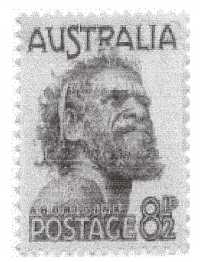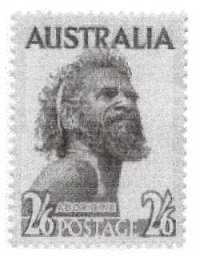
Fundy Stamp Collectors Club
P. O. Box 302
Moncton N.B.
E1C 8L4
Since 1997

 |
|
 |
The Fundy Stamp Club News
Published by Fundy Stamp Collectors Club
Some time sensitive material has been left out of this newsletter.
I would like to extend a special welcome to
the readers of this newsletter, the second edition
of what the Fundy Stamp Collectors Club
hope to become a tri annual publication September,
January, and April. The purpose of
this newsletter is to promote and stimulate interest
in philately, not only in Moncton, but also
in the Maritimes.
Reaction to the first issue, published in May
2001 has been very favorable indeed. To
those people who took the time to respond, I
thank you very much for your comments. I sincerely
hope in the near future to receive articles
from members of other clubs in the Maritimes,
as well as Club news, local shows and sales,
and perhaps even a few more Classifieds,
which would offset production and distribution
costs.
A reminder that articles should range from
300 to 600 words, and Classifieds are restricted
to 25 words, with a cost of $ 5.00 per issue.
The endeavor to put this newsletter together
has been quite challenging to date, and I have
to thank Ron Messenger, Harvey Terris, and Dr.
Ralph Richardson for their invaluable contribu-
tions.
Again, ( would ask that the other Maritime
stamp clubs distribute this Newsletter freely to
their membership.
Publication dates are planned for October 1,
2001 and January 1 and April 1, 2002. All articles
or classifieds must be submitted at least 30
days before publication date.
Please submit any articles or comments to the
E-mail address below (preferably in Word for-
mat). Looking forward to hearing from you.
Don Mills (506) 384-5107
E-mail: donmillscanada@yahoo.com
| Occasionally some countries have paid tribute to
their indigenous people on postage stamps, but
very few have named the individual chosen. One
exception to this is Australia. The 1950 series had a design for the 8 1/2p and 2sh6p values, prepared by Frank Manley, and was based upon a photograph by Ray Dustan. The engraving was done by E.R.M. Jones, recess printed on De la Rue paper. The aborigine featured was a Central Australian native known as "One Pound Jimmy". He was so known because when asked how much he charged to perform a certain task, he invariably responded "One pound, boss". His tribal name was Gwoya Jungarai, and he died on March 28, 1965, while on a walkabout with his relatives on Narweitooma Cattle Station, 120 miles west of Alice Springs. His exact age was not known, but he was believed to be over 70 years old when he died. He was not a particularly handsome individual, but he was certainly representative of his people, and his image will live in infinity. |

|
|
The 8 1/2p (Scott no. 226) was printed on Watermark
15 paper, in dark brown, and perforated
15 x 14. The 2sh6p variety (Scott no. 248) was
larger in size (21 x 25.5 mm) in the same dark
brown colour, on watermark 15 sideways paper.
Both were issued in 1964. Supplies of the 2sh6p bird stamp ran out just before Christmas 1965, and as the photogravure press was in constant use preparing the new decimal series stamps, an emergency printing of two months supply (800,000 copies) of the 2sh6p Aborigine were prepared (Scott # 303). Two old electros from 1952 had to be used. These showed the authority imprint as used for the wa- termarked version, and as this was overlooked the imprint now appears on unwatermarked paper. The sepia colour used is distinctly different from issue no. 248. The 1965 printing was on white Harrison paper, whereas the earlier watermarked issue was on toned paper.
|

|
Logically, many people think that to remove a
used stamp from an envelope, all you do is peel
it off carefully. This results in lots and lots of
thinned stamps, which are considered damaged
and un-collectible.
The correct way to remove used stamps is to
soak them off in water, and then to dry them on
a flat dry surface (preferably a paper towel).
There is too much to the art of soaking to tell
you here, but much more can be found in any
basic reference work on stamp collecting. Soaking
stamps with the new "invisible" gum can be
very difficult, however, because they tend to retain
gum even after being soaked off original
paper, and will stick fast to paper on which they
are dried. One answer is to dry them face
down, with nothing touching the backside, then
flatten them out later if they curl. Most other
types of gum just soak off in water, and present
no problems.
Some stamps should not be soaked without
consulting a more knowledgeable philatelist.
Anything on an original cover that is more then
20 or 30 years old might be worth saving.Also,
don't soak it if the cover looks philatelic
somehow -- has a special fancy cancel or
was postmarked for a special event, etc. When
in doubt, wait before you soak because First
Day Covers, envelopes with a special design of
a stamp and postmarked on its issue date, can
be worth many times the value of the stamp on
it.
Next time: Using Hinges and Mounts